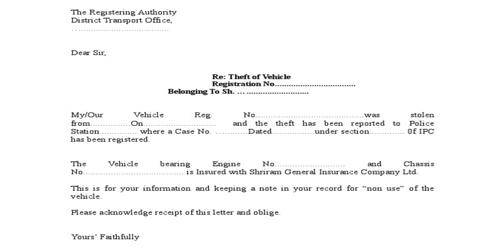Letter of Hypothecation is a written agreement, which authorizes a bank or lender to repossess and sell the pledged item in case of a default. An instrument that gives a firm, banker or a person a lien over goods in consideration for advances of money is known as a letter of hypothecation. It means any instrument creating a pledge or lien over goods in consideration of money advanced or to be advanced or to secure the payment or repayment of money.
Letter of Hypothecation enables an accepting bank to sell the shipment if the buyer does not accept or pay the bill of exchange. A bank or lender is authorized to seize and sell the documented item if a default occurs. In international trade, a letter of hypothecation is a written confirmation. Hence, if the borrower defaults on payments, the lender would have to first take possession of the security (asset under hypothecation) and then sell the asset to recover dues. In the case of vehicle loans, the vehicle remains with the borrower but the same is hypothecated to the bank/ financer.
Hypothecation means offering an asset as collateral security to the lender. It occurs when an asset is pledged as collateral to secure a loan, without giving up title, possession, or ownership rights, such as income generated by the asset. As hypothecation provides security to the lender because of the collateral pledged by the borrower, it is easier to secure a loan, and the lender may offer a lower interest rate than on an unsecured loan. Herein, the ownership lies with a lender and the borrower enjoys the possession. In the case of default by the borrower, the lender can exercise his ownership rights to seize the asset.
In international trade, a letter of hypothecation enables an accepting bank to sell the shipment in case of the non-acceptance or non-payment of the associated bill of exchange by the buyer. In export trade, such a letter given to a bank for an advance made to the exporter authorizes it to sell the goods specified there in case the importer fails to pay or accept the bill presented by the bank. This source of loan is given by the bank/ financer at a rate lower than the unsecured loan as it provides a sense of security to the lender.
















